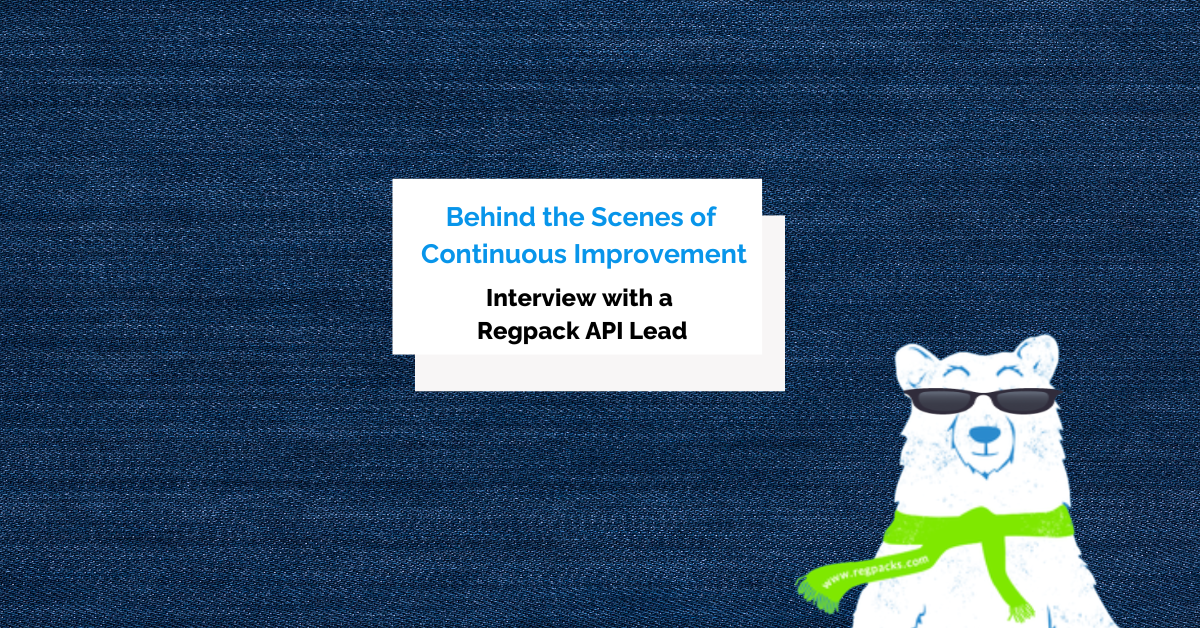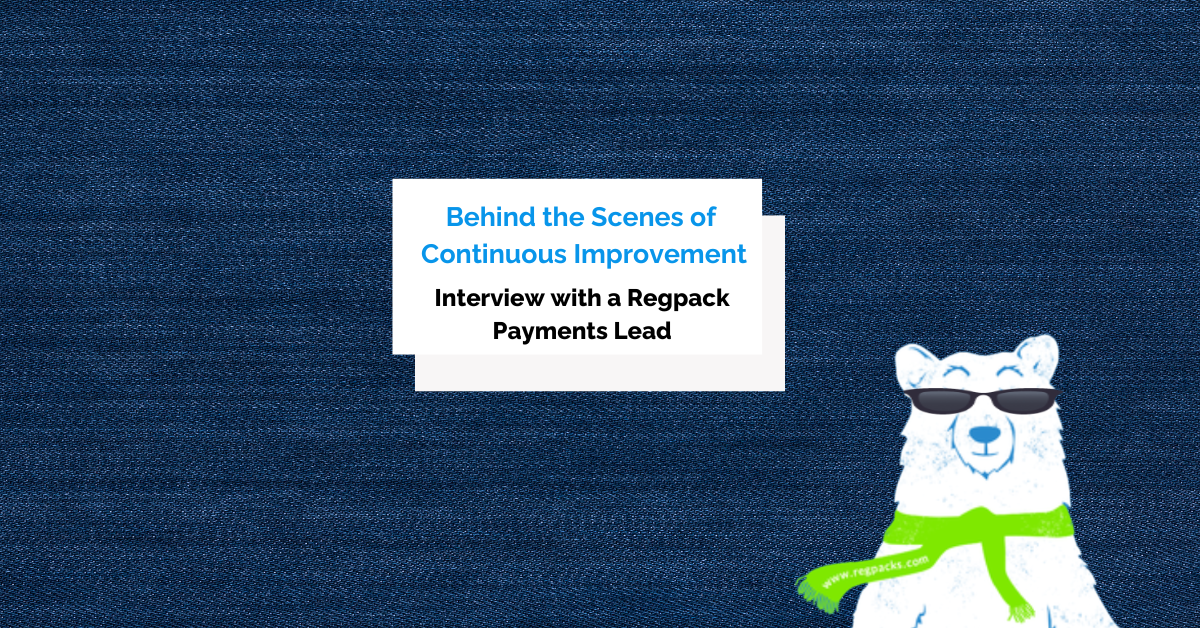Chatbots are slowly making its presence felt in every industry. Even in the event industry, chatbots are being deployed to better engage with the event attendees as well as exhibitors. However, implementing a chatbot just because it is a trend should not be the case.
Conducting adequate research before implementing a chatbot is necessary and the reasons are explained in this blog.
“Chatbot” has emerged as a buzzword of sorts for techies in recent times – it is everywhere, literally! Even the events industry has been caught with the “chatbot fever” as consumers are increasingly preferring text messaging over voice when it comes to contacting customer service.
Chatbots are increasingly being used by companies to provide 24/7 customer service or respond to customers in real-time via text message.
For the uninitiated, a chatbot is a program designed to mimic conversation with humans (usually using artificial intelligence to respond to the user’s queries). Although chatbots look and sound futuristic, but they’ve actually been around since 1966 when MIT professor Joseph Weizenbaum created ELIZA.
Over the years, chatbots have undergone multiple transformations and have slowly become indispensable for events, thanks mainly to the fact that they offer a different level of flexibility than that of any event app.
Here’s what chatbots are capable of doing for you in an event –
Chatbots for RSVP’s
If you need RSVP’s and have a page for an event, use a chatbot.
Chatbots for multilingual events
You may not speak the language of your guests but you can always program your chatbot to connect to the agent who speaks a certain language.
Chatbot for frequently asked questions
Chatbots can be programmed with an FAQ right there on the prompt.
Chatbots for event booking / inquiries
Chatbots can be programmed to aid in ticket booking tasks for events by providing ticket booking links to the visitors.
Chatbot technology represents enormous potential for enhancing the customer journey in the events industry. However, before developing chatbots for any events, adequate research on certain elements needs to be conducted for better serving customers with chatbots. Just like any other product or service, before launching a chatbot, conducting adequate market research helps ensure chatbot will “strike the right chord” with the audience at the event.
Here are the key reasons why conducting market research is important before launching a chatbot:
To identify what the chatbot will do
Ideally, you might want your chatbots to be able to do everything your customer service agents do. Whatever your aspirations, approach your first chatbot project with a clearly defined set of goals and an understanding that you’ll have to walk before you can run.
To identify the right channel for the chatbot
To ensure the highest adoption rate for your chatbot, you should start researching about the platform that is already being used by your customers and identify which channels are most popular among your customers or prospective customers.
Information source to be used by the chatbot
Chatbots are as useful as the data they have access to. Chatbots typically have access to data from your website, knowledge base, existing documents, product inventories, partner sites, or some other source. As part of your chatbot strategy, you’ll need to decide what sources of information to make available to the bot.
So, with effective research, chatbots for events can be turned into a more efficient mechanism to engage and guide attendees and even exhibitors at an event.


















